Thanks to raising civets, Ms. Tuyen's family has an income of 200-300 million VND/year.
We visited the family of Ms. Doan Thi Mong Tuyen, a member of the Hung Phu Agricultural Cooperative, in Hung Phu Hamlet, Hiep Hung Commune, just as she was feeding her civets. The main food is ripe bananas and miscellaneous fish - these are easy-to-find, low-cost ingredients.
Ms. Tuyen's family has been "fated" with the civet farming model for more than ten years. Initially, seeing some acquaintances raising civets effectively, she decided to try raising 3 civets. Thanks to her diligence in learning from experience and applying appropriate techniques, the civet herd has grown more and more. From the initial 3 breeding civets, it has now increased to more than 50, of which the number of mother civets is the majority, making it easy to maintain and develop the herd. In particular, with a methodical care process and nutritious food, the civet herd reproduces regularly (a mother civet gives birth to about 3 litters each year, each litter has 3-5 civets). The source of healthy, good quality breeding civets helps her family supply the market with dozens of breeding civet pairs each year, bringing in an income of 200-300 million VND/year.
Ms. Tuyen said: “Civets are easy to raise. You just need to know how to build a cage, care for them and breed them to be successful. Civets start to reproduce at 10 months old, but the best age is around 12 months. Currently, each pair of civets is sold for 6.5-7 million VND. The output for civet breeding is quite stable, the number of civets breeding in my family is not enough to meet the needs of customers.”
Civets are wild animals. In addition to registering with the authorities, every time the herd increases or decreases, Ms. Tuyen's family notifies the management unit and always complies with regulations when buying and selling breeding animals, ensuring legal origin. When selling, Ms. Tuyen enthusiastically shares her experiences and provides technical guidance for breeders to apply effectively.
Realizing the obvious economic efficiency of the civet farming model, many households in Hung Phu hamlet have boldly followed suit, including Mr. Nguyen Nhi Anh. Initially, due to difficult circumstances, he started his business with only 2 civet breeds. When joining the cooperative, in addition to being instructed on breeding techniques, his family also received preferential loans from the Social Policy Bank. Thanks to that, he boldly borrowed 100 million VND to invest in building barns and expanding the herd. To date, the civet herd has grown to more than 30 parent civets, bringing a stable income of more than 100 million VND/year to Mr. Nhi Anh's family.
According to Mr. Nhi Anh, compared to other pets, civets are easy to raise and care for, but must follow the correct process. During the raising process, the cage should be cleaned daily and drinking water should be changed regularly. In addition, civets are wild in nature and are very aggressive. If raised together, they often bite each other, so each animal must be designed separately.
Currently, Hung Phu Agricultural Cooperative attracts about 20 households raising civets in Hung Phu hamlet to participate, with a total herd of 250-300 civets. The Cooperative not only helps connect households but also opens up a new, sustainable direction for the rural economy. When participating, people have the opportunity to exchange and share experiences in the process of caring for civets, from breeding techniques, disease prevention to steps to ensure barn hygiene. In particular, thanks to the collective farming association, members have more advantages in finding and expanding product output.
Mr. Nguyen Chi Khanh, Vice Chairman of the Vietnam Fatherland Front Committee of Hiep Hung Commune, Chairman of the Commune Farmers' Association, said: The civet farming model of members of Hung Phu Agricultural Cooperative has brought about clear results, many households have an income of several hundred million VND/year. Not only helping people escape poverty and become rich legitimately, the model also contributes to diversifying livestock in the locality. This is considered a direction for sustainable economic development in rural areas. Up to now, in Hiep Hung Commune, there are about 60 households raising civets, with a total herd of more than 1,000 civets.
Article and photos: CAM LINH
Source: https://baocantho.com.vn/phat-trien-kinh-te-voi-mo-hinh-nuoi-chon-huong-a191814.html


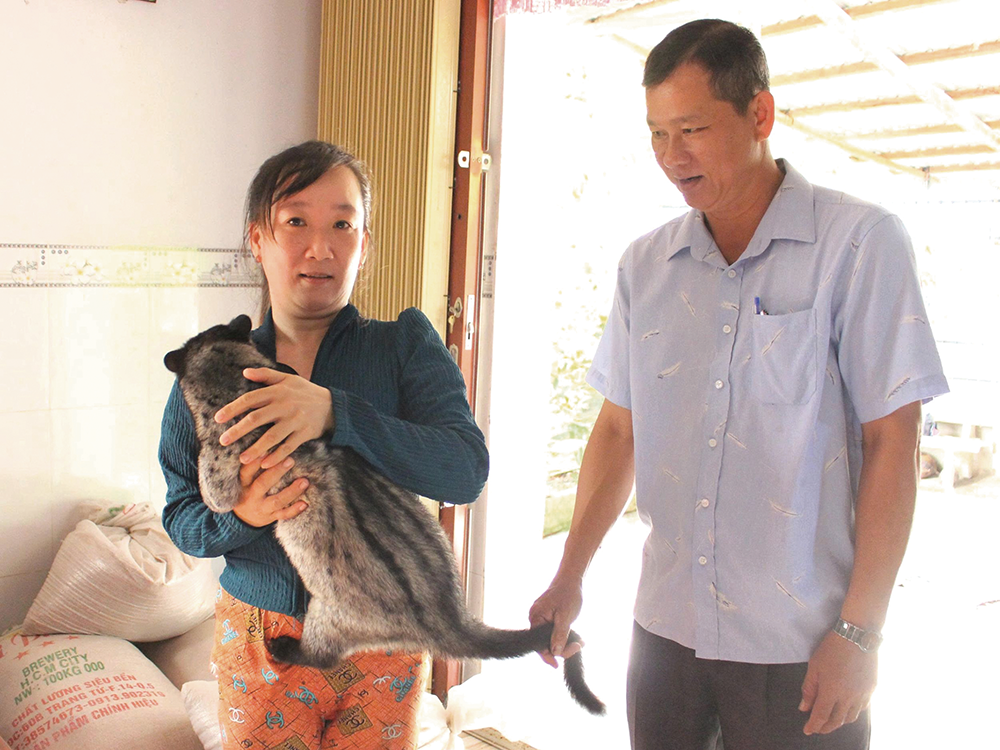








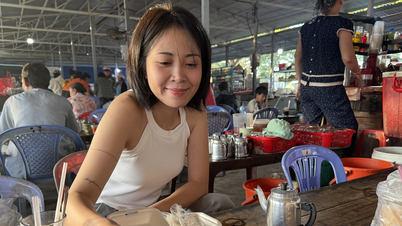

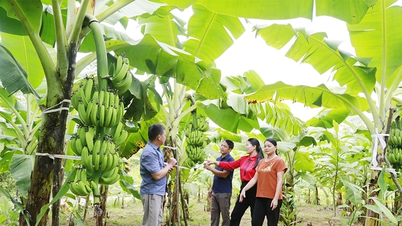

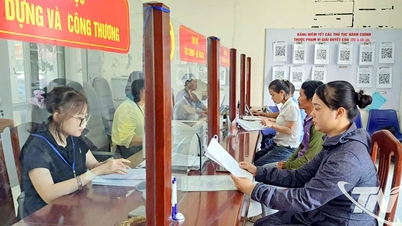


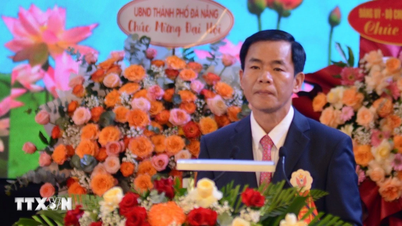

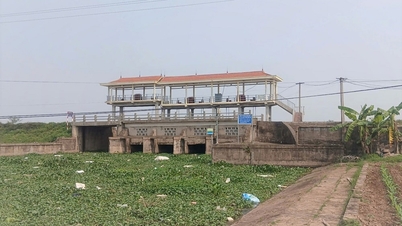





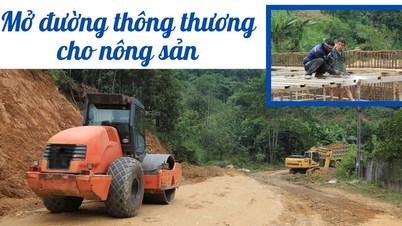



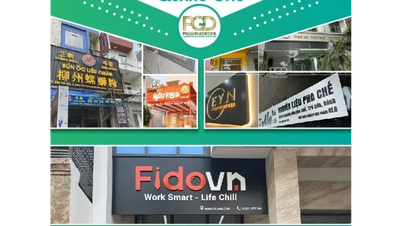





![From VVIP to GA: A unique emotional journey with G-DRAGON 2025 WORLD TOUR [Übermensch] at 8Wonder Ocean City](https://vphoto.vietnam.vn/thumb/402x226/vietnam/resource/IMAGE/2025/10/6/6920bb164a5549ba9d6e89d6b90ac794)
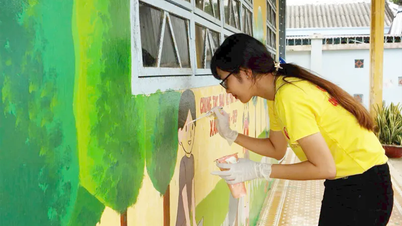

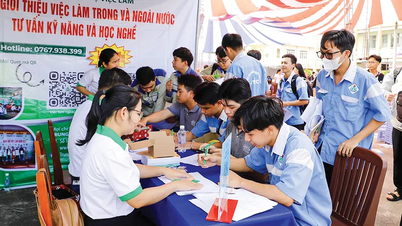
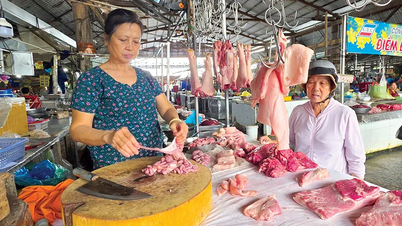







































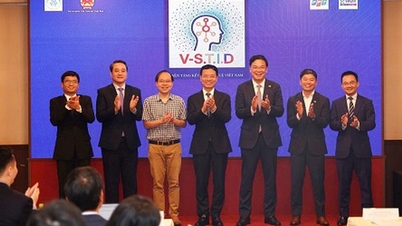



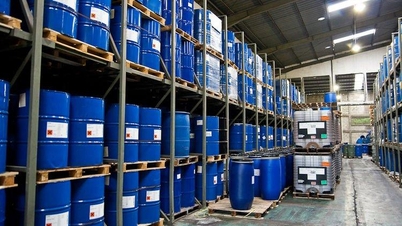




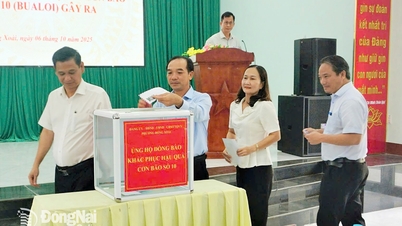


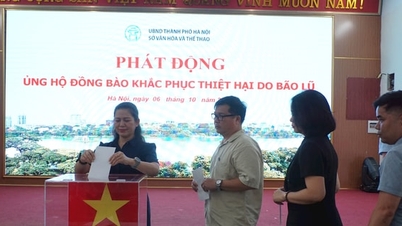

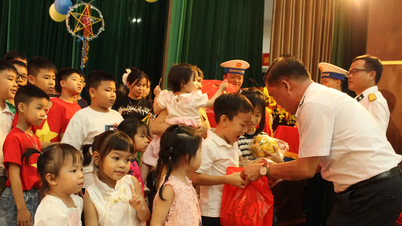

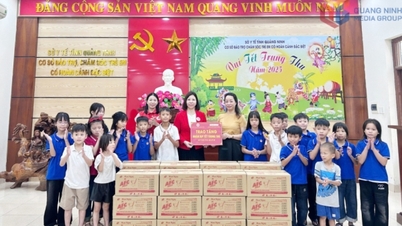












Comment (0)